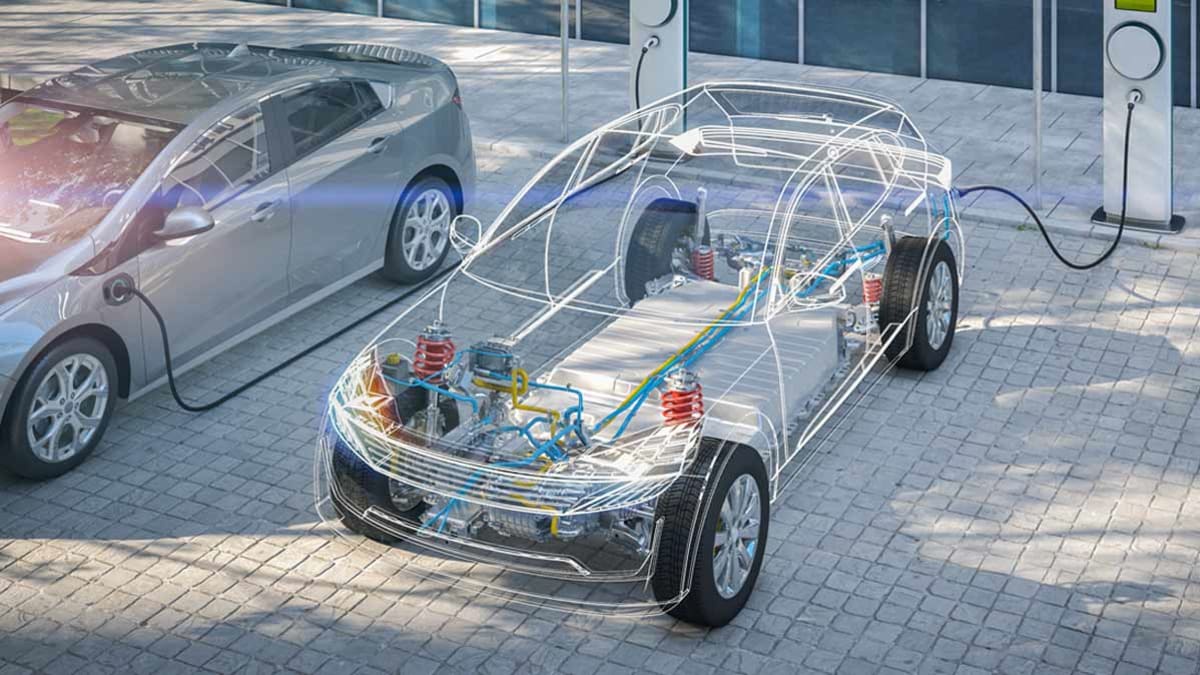
The worry for most environmentally conscious people is that there isn’t a system in place to deal with these decommissioned parts. After all, lithium-ion battery packs often run the length of the car’s wheelbase, weigh close to 1,000 pounds, and are made up of toxic elements. Can they easily be recycled or are they destined to pile up in landfills?
“Electric car batteries aren’t very difficult to get rid of because even if they’ve outlasted the usefulness for an electric car, they’re still worth quite a lot to someone,” says Jake Fisher, Consumer Reports’ senior director of auto testing. “There’s a strong demand for secondary-life batteries. It’s not like when your gas-powered engine dies and it goes to the scrapyard. For example, Nissan is using old Leaf batteries to power mobile machines in its factories around the world.”
Nissan Leaf batteries are also being used to store energy on solar grids in California, Fisher says. Once solar panels capture energy from the sun, they need to be able to store that energy. The old EV batteries may no longer be optimal for driving but they’re still capable of energy storage.
Even as secondary-life batteries fully degrade after various uses, minerals and elements like cobalt, lithium, and nickel in them are also valuable and can be used to produce new EV batteries.
With EV technology still in relative infancy, the only certainty is that recyclability needs to be built into the manufacturing process to ensure that EVs remain eco-friendly throughout the entire life cycle of the product.
Despite the concern about a potential costly repair when replacing these batteries, we haven’t seen it as a common issue in our exclusive car reliability data. Such problems are rare.
"electric" - Google News
February 21, 2022 at 06:08PM
https://ift.tt/G3OPce2
What Happens to the Old Batteries in Electric Cars? - ConsumerReports.org
"electric" - Google News
https://ift.tt/7bCTasI
https://ift.tt/dPr83lX
No comments:
Post a Comment